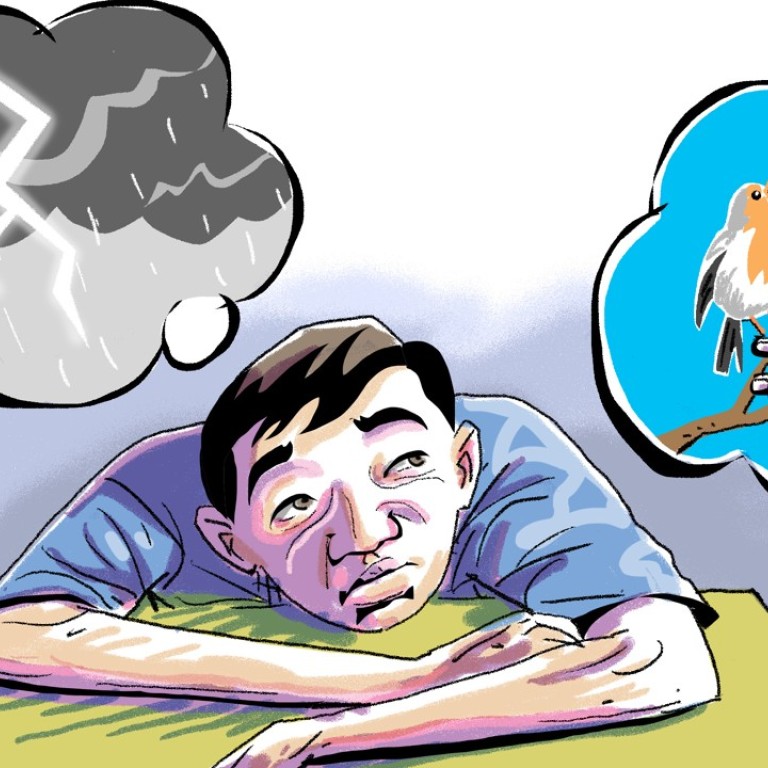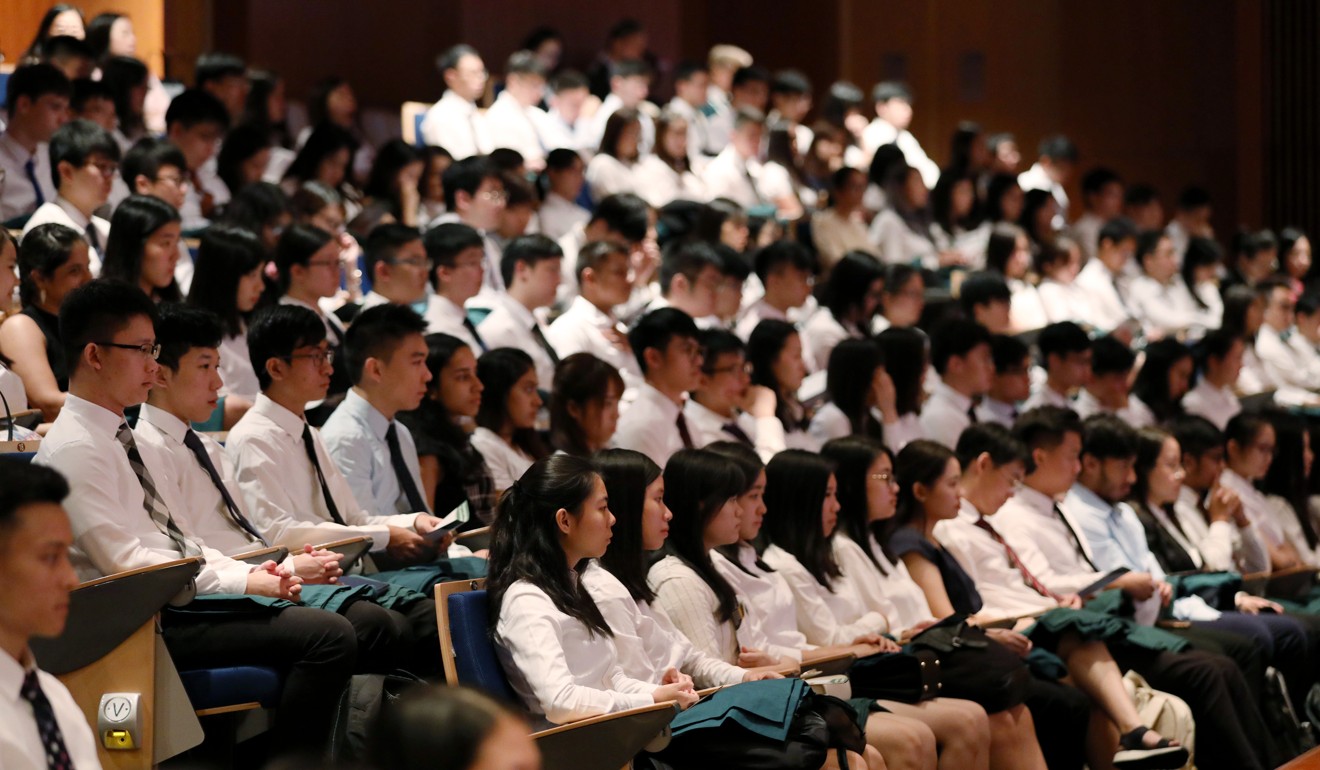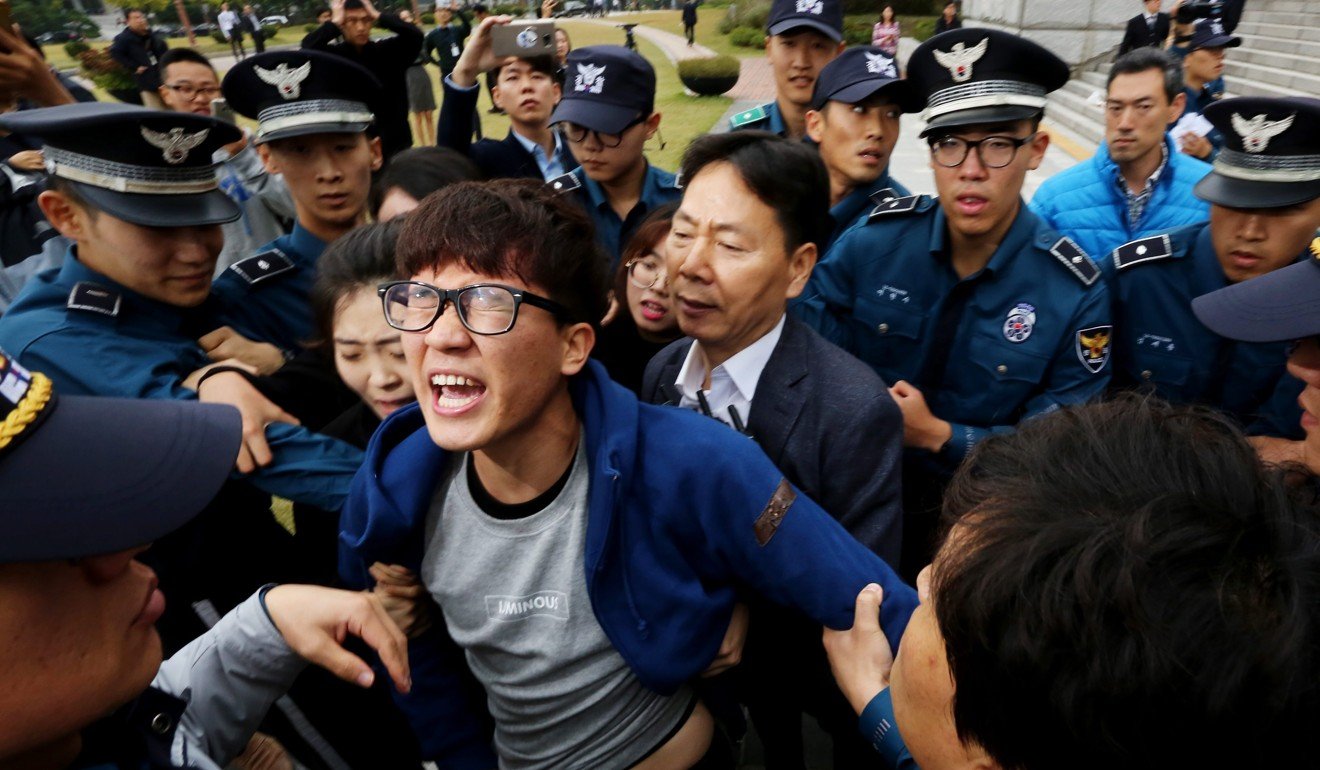
Young Hongkongers are anxious, unhappy and leaving. What can Hong Kong do?
David S. Lee says even bright young people in Hong Kong are not confident they will lead better lives than their parents. The authorities and businesses have to realise they have a moral duty to everyone in the community
The bustle of activity that signals the start of a semester naturally turns my thoughts towards my students, widely considered among Hong Kong’s best and brightest. They are young people who tick the right boxes and have gained coveted spots at a select university.
The intense competition for job opportunities with fading appeal, the resignation at perhaps never being able to buy a home in Hong Kong, the obstacles to social mobility: they are all realities confronting and frustrating many students.
Last year, a student described in an essay how the pressure, and the failure, to buy a home in Hong Kong caused his parents’ marriage to break up and his family to fall apart. Reading this student’s essay was the saddest day of my teaching life, not only because I felt his pain, but also because I knew his experience was a microcosm of life in Hong Kong. Stress and anxiety about an uncertain future pervade the minds of many of Hong Kong’s young adults.
In class, I frequently ask: “Do you feel you will live a better life than your parents?” The students are free to define “better”, yet rarely do half of them answer in the affirmative. Interestingly, when I ask the same question in class in mainland China, the responses are fairly consistent with those of my students in Hong Kong. However, if my students’ parents had been asked the same question, they would probably have overwhelmingly agreed that they would live better lives than their parents.
Currently, many of my students in both Hong Kong and mainland China feel the only way to get ahead in life is to accumulate as much wealth as possible, be born into a wealthy family, or perhaps marry into a such a family. Such an unhealthy mindset is symptomatic of social ills, which also manifest themselves in the way some people wish to leave for greener pastures in less competitive, less status-conscious and relatively less-expensive countries.

Hong Kong’s situation is not unique. Most societies that have prioritised economic growth and achieved some level of economic success eventually reach a point where a skewed distribution of wealth — and opportunities — creates social tension. German sociologist Max Weber called those opportunities “life chances”. When people feel their life chances are shrinking, there is a dearth of hope, and that seems to be where Hong Kong is at now.
Of course, in any market system, there is always some disparity between winners and losers. On a societal level, however, sound public policy can ameliorate the disparity and foster the hope that there are still opportunities to improve one’s lot in life within a generation.
Americans have the proverbial American Dream. For young people in Hong Kong, in countries like South Korea, and even to some extent now in mainland China, similar optimism is waning.
South Koreans are so anxious, frustrated and unhappy that some have redubbed their overly competitive country “Hell Chosun”. The phrase emerged a few years ago and took off. Many South Koreans, like young Hongkongers, wish to seek a new life abroad.

Undoubtedly, such problems are not easy to solve and require the cooperation of various stakeholders. For example, the Hong Kong housing policy has well-documented structural problems, and the government will have to play a key role in policy reform. The government, however, can hardly solve this and other complex problems alone.
Of course, the government and even the residents of Hong Kong have their responsibilities, but in a city that is so business-friendly, certainly businesses have an obligation to step in, too — not a legal obligation, but a moral imperative.
The modern teaching of business and economics has indoctrinated us to believe that maximising profit is the sole purpose of business. This is wrong, but this profit-at-all-cost mentality permeates many businesses, commodifying employees and contributing to a societal dynamic in Hong Kong that is increasingly zero-sum.
The purpose of business can and should encompass more than profit maximisation. By many accounts, market principles have been among the greatest drivers of poverty alleviation and economic development in history, but despite what we may believe, the effects of the market need to be tempered at times.
Businesses and individuals could adopt a modern form of noblesse oblige. The idea is that we have obligations and duties not just to shareholders, but also to stakeholders in the communities we occupy and impact. Through this obligation, we can create a more moral, inclusive economy that not only helps preserve aspects of what has made Hong Kong so successful, but hopefully ensures that our young people don’t have to give up happiness to live and thrive in Hong Kong.
David S. Lee is a senior lecturer at the University of Hong Kong Faculty of Business and Economics

